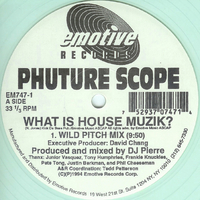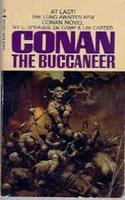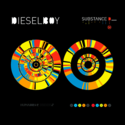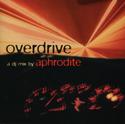 First off, this quote gave me pause, “I was terrified going in front of the TED crowd — they never boo, but they’re a pretty heavy-duty lot.” The front man for the Talking Heads fearful of a performance?! Leader of the band that dominated the mid-80’s CD players of my college dorm wing? Internationally known and recognized as an excellent musician and entertainer. Yikes!
First off, this quote gave me pause, “I was terrified going in front of the TED crowd — they never boo, but they’re a pretty heavy-duty lot.” The front man for the Talking Heads fearful of a performance?! Leader of the band that dominated the mid-80’s CD players of my college dorm wing? Internationally known and recognized as an excellent musician and entertainer. Yikes!
In any event, Byrne’s essay Creation in Reverse, an expansion of his TED 2010 talk, was good enough for me. I’d have been plenty happy to see it live.
Creation in Reverse discusses how musical venues frame the type of music that are best performed within them. Not just acoustically but even more significantly, socially. The essay is long by weblog standards but this might be the money quote:
It seems that creativity is adaptive, like anything else. When a space becomes available, work emerges to fill it. The genius, the emergence of a truly remarkable and memorable work, happens when the thing is perfectly suited to its context and is also surprising. And when something works, it strikes us as not just being clever — a good adaptation — but as strongly and emotionally resonant. When the right thing is in the right place we are moved.
One of the reasons the piece is long is the wide range of musical venues and styles Byrne examines. Everywhere from the African plains to Carnegie Hall. Everything from drum circles to opera. And the shiny thing that caught my eye were the references to disco club music and hip hop. Such as:
For example, music written for contemporary discos, in my opinion, usually ONLY works in those social and physical spaces. Not only that, it works perfectly on their incredible sound systems. It feels stupid to listen to club music at its intended volume at home — though people do it. And, once again, it’s for dancing, as was early hip hop, which emerged out of dance clubs in the same way that jazz did — by extending sections of the music so the dancers could show off and improvise.
As a 20+ year fan of various threads (House, Hip-Hop, Downtempo, DnB) from the disco diaspora, I almost had to take exception to the, “It feels stupid to listen…” sentence. I listen to these styles of music every day: at home, on the way to work, at work, and on the way back home. Transporting myself to those social spaces where this music works best. On one of the personal space devices he refers to, no less. However, he did add the qualifier, “…at its intended volume …” Plus he points out that the foundational music of the African Diaspora actually does work well for personal listening spaces. All is forgiven.
Well worth the time to read.
Also, apropos my own comment policy, I note that Byrne isn’t taking comments on his journal. I travel in good company. There is however a discussion forum on Talking-Heads.Net




 I only have one word for this past weekend in
I only have one word for this past weekend in  Meanwhile, the gritty Terps hung around, hung around, and hung around some more, until the depleted Michigan State Spartans started running out of gas. I give Maryland, in general, and Greivis Vasquez, in particular, a lot of credit for coming back to take the lead (twice) in the final seconds. Sparty just made one more big, brutal, heartbreaking shot.
Meanwhile, the gritty Terps hung around, hung around, and hung around some more, until the depleted Michigan State Spartans started running out of gas. I give Maryland, in general, and Greivis Vasquez, in particular, a lot of credit for coming back to take the lead (twice) in the final seconds. Sparty just made one more big, brutal, heartbreaking shot.



 Still everyone at least made the tourney. Had to sweat Cal for a bit. Man were the
Still everyone at least made the tourney. Had to sweat Cal for a bit. Man were the 

















